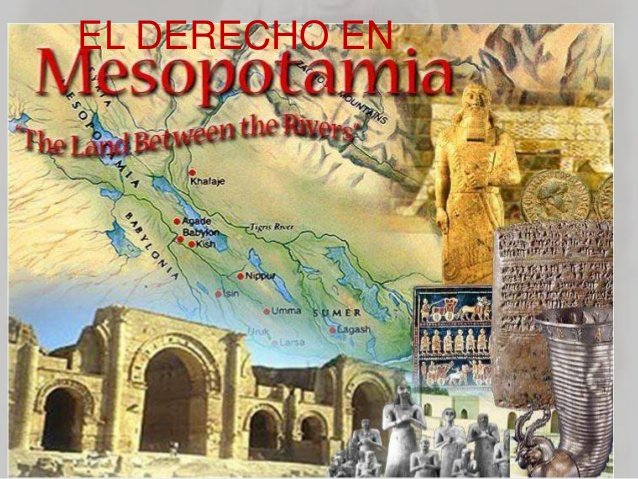Family law in ancient Mesopotamia
2 The Sumerian law recognized a certain legal personality for married women. For example, they could act as witnesses in the signing of a contract, generally of sale. They could also own property of all kinds, both movable and immovable, and dispose of them without the consent of the husband. On the goods they received from the husband they only had usufruct power. In turn, the husband could not dispose of the community property without the consent of his wife.
More delicate and complex were the relations of both spouses within the family. The husband had certain rights over the woman, such as reducing her to servitude in the house of a demanding creditor, as a punishment for infidelity, or selling her for the same offense. The right of the husband to take a concubine was related to the existence or not of children in the family. If the legitimate woman had not given him children, the husband could take a concubine to secure his offspring and had to give him a room in the conjugal home. This concubine was of inferior status to the wife while she remained in the home. The wife could also be repudiated as sterile and removed from the husband's house after having charged the amount established in the marriage contract for the case of repudiation.
Even if they were born children of legitimate marriage, the wife could give her husband a concubine to increase the offspring. As soon as she had offspring, who was born free, the husband could no longer take another concubine.
